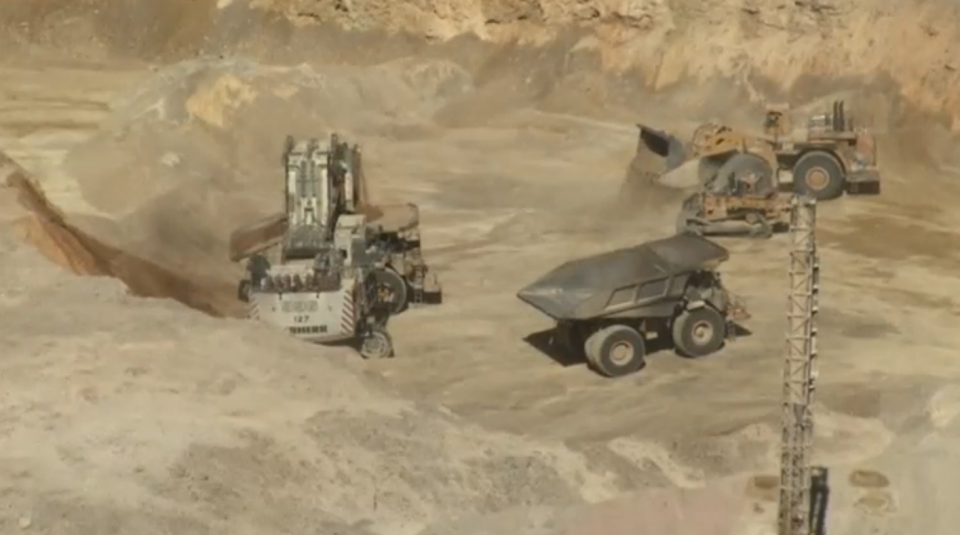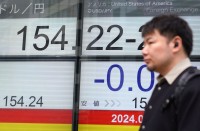
ARGENTINA (Reuters) – Argentina’s national government and the governors of 20 provinces signed a mining deal on Tuesday (June 13) to harmonize taxes and regulations in hopes of attracting investment, but the action was criticized by industry sources and environmentalists alike.
The agreement, which needs approval from Congress and the 20 provincial legislatures, sets a 3 percent ceiling on royalties mining companies pay to provinces.
Latin America’s third-largest economy has fallen behind Chile and Peru in attracting mining investment despite rich deposits of copper, gold, silver and zinc. President Mauricio Macri’s center-right government has been trying since last year to unify regulations to woo foreign miners.
Shortly after taking office, Macri eliminated export taxes on metals and lifted a prohibition on companies sending profits overseas, two moves celebrated by the sector. But seven of the country’s 23 provinces still prohibit certain practices, like open-pit mining and the use of cyanide, crucial to extraction.
Macri said at the signing ceremony that the country was opening the doors to development, following Chilean and Australian successes in mining, adding that leaders would be zealous about individuals’ rights to environmental quality.
Despite the limit on royalties, the deal signed on Tuesday would allow provinces to levy a tax of up to 1.5 percent of miners’ sales for local infrastructure funds.
Manuel Jaramillo, executive director of environmental nongovernment organization Fundacion Vida Silvestre, told Reuters that environmental groups were not invited to participate in the crafting of the deal and that the government never requested public comment on the details of the agreement.







